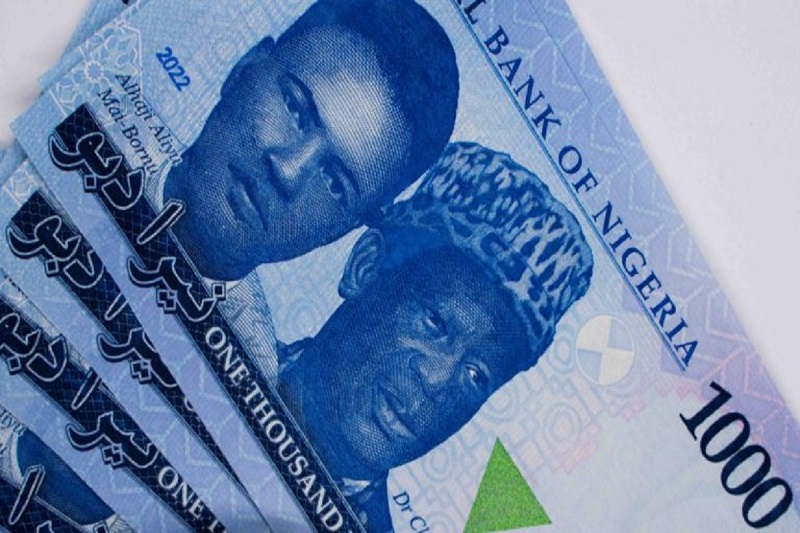The Central Bank of Nigeria (CBN) just lifted the ban on importing 43 items like toothpicks and cement. Before this, if you wanted to import these, you couldn’t use official foreign money routes. Now, you can.
They believe it’s going to help balance out the exchange rate of the Naira, Nigeria’s currency. After lifting this ban, the Naira actually got a little stronger against the U.S. dollar.
The Central Bank claims that the previous ban was messing up the exchange rate. They say lifting it will move demand from the “black” market to the official market, which is good for the economy.
The International Monetary Fund (IMF) supports it, saying this is a good move for a complicated economy like Nigeria’s. They also talked about some new plans under President Bola Tinubu to make life better for Nigerians.
The World Bank President, Ajay Banga, even praised how resourceful Nigerians are at a recent meeting. But he, and IMF’s Abebe Aemro Selassie, also said Nigeria needs to work on increasing its tax revenue.
The Naira (Nigeria’s currency) has been struggling against the U.S. dollar for some time. But after the Central Bank of Nigeria (CBN) lifted the ban on importing 43 items, the Naira gained a bit of strength.
Before the lift, one U.S. dollar was exchanged for around 770 Naira in the official market. After the ban was lifted, it improved to 764.86 Naira per U.S. dollar.
Keep Reading
In the parallel or “black” market, though, things haven’t changed much. One U.S. dollar is still around 1030 Naira there. Basically, the Naira is still not doing great against the dollar, but the recent changes might offer some relief.
The CBN hopes that by lifting the ban, more people will use the official market for foreign exchange, which could eventually help the Naira gain more strength.
Should they have lifted the restrictions? In my opinion, yes. These bans can cause more problems than they solve. For instance, they forced a lot of people to go to the parallel, or “black,” market for their forex needs, which put pressure on the Naira.
The IMF supports this as they think it’s a modern approach to handling a complex economy. I don’t think the IMF or Western countries have a hidden agenda behind this, but it’s worth remembering that these organizations usually favor policies that open markets.
In the short term, this decision could lead to more stable prices as things get easier to import. It’s hard to say about the long term, but less pressure on the Naira is generally good for consumers.

